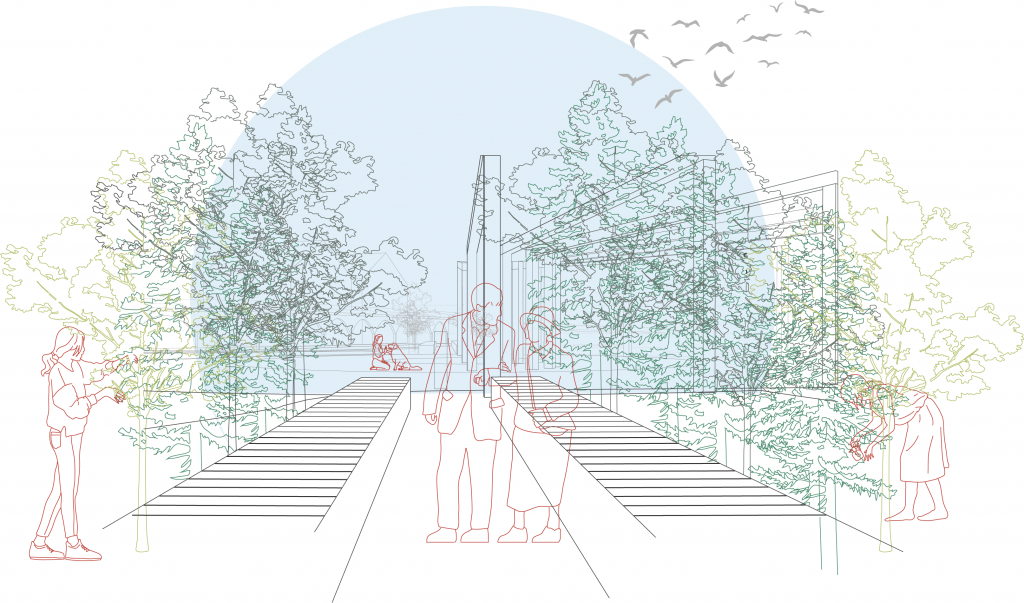Thesis student receives two scholarships for dementia design research
Mar 10, 2023
Master of Architecture student Tavleen Mann decided to research Alzheimer’s Disease and architecture for her thesis after witnessing the struggles of a family caring for a person with dementia.
“It is not within Punjabi traditions and values to leave a parent in a care home, and so they are trying their best to take care of their family member, but unfortunately, it is taking a toll on their lives,” says Mann.
“This inspired me to look into a care model that caters to the person with dementia and their family members as the caregivers.”
Her work at the Azrieli School of Architecture & Urbanism, under the supervision of Professor Federica Goffi, was recently recognized with two scholarships through Carleton University.
She received a $6,000 Graduate Award for Research in Dementia, which is awarded annually to a student pursuing research in dementia. She also received $1,200 from the Bill Hersh Memorial Graduate Scholarship. It is awarded each year to an outstanding female graduate student enrolled in either a mathematics or an engineering program. As architecture is a topic of study within the realm of engineering, she was deemed qualified for the award.
“My thesis is rooted in my interest in helping further the research of dementia care for older adults,” says Mann, who holds a Bachelor of Architectural Studies from Laurentian University.

“I believe that there is a lot of guilt surrounding leaving older adults in care homes,” she says. “I am aiming to explore a design for a type of care facility that involves families, specifically immigrant families, while also including care services that people with dementia need.”
To that end, Mann is investigating community living for her master’s thesis titled Bettering the Quality of Life for People with Dementia through Family and Community Cohousing.
“I am imagining a village of about 10 homes that house families who all have their own person with dementia,” she explains. “The end goal of the project is to create a community with the understanding of what people with dementia need in their lives to have a high quality of life until they ultimately pass away — all the while trying to create a better environment for their caregivers as well.”
THESIS ABSTRACT
Bettering the Quality of Life for People with Dementia through Family and Community Cohousing
Dementia is a cognitive disease that affects the way a person acts and thinks, with symptoms affecting their memory, ability to think, and other behavioural aspects. Over time, it progresses to a point where the person with dementia becomes dependent on others, usually their families, to perform normal daily tasks. The care can become too much to handle, and a family may realize that the required level of care is more than what they can provide.

Design work in dementia care tends to focus on the design specific to institutional healthcare for the person with dementia without considering the quality of life for this person in terms of sociability. This project is focused on researching dementia care through care home examples and other older adult living conditions to explore a model in which families can still live with a person with dementia while helping them get the quality care that they need.
The goal is to create an innovative hybrid model between cohousing living conditions and dementia villages, to allow residents to have access to support but also as a way to be a part of a larger community that shares values and interests with other residents. By creating a living condition that houses people with dementia with their families, this project aspires to alleviate families’ guilt when realizing that their person with dementia needs more care than they can provide. In the end, we have a project that caters to not only people with dementia but their family members and caregivers.